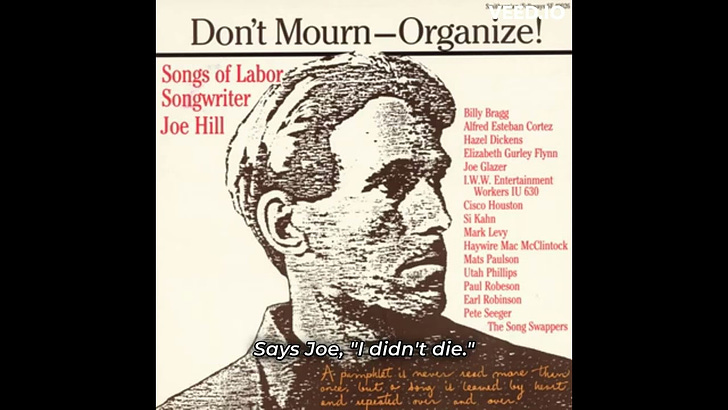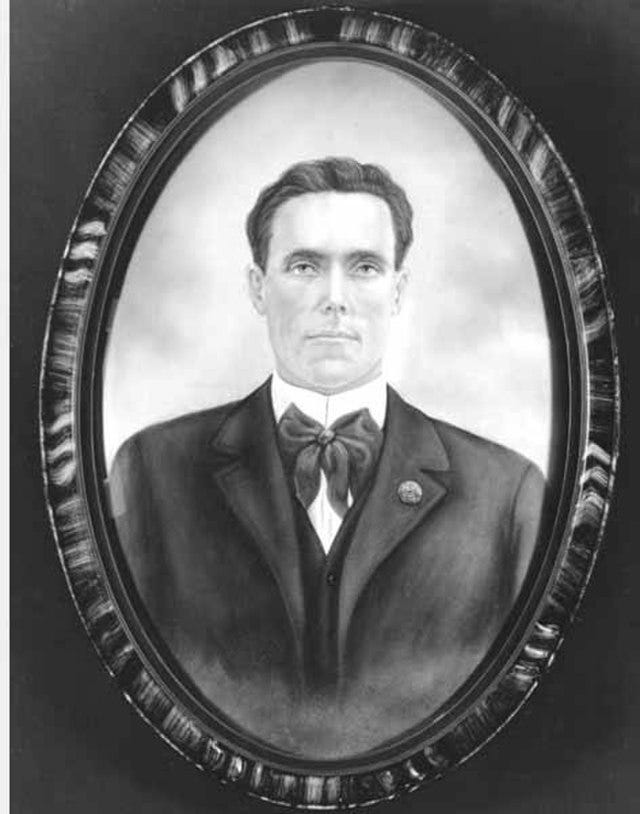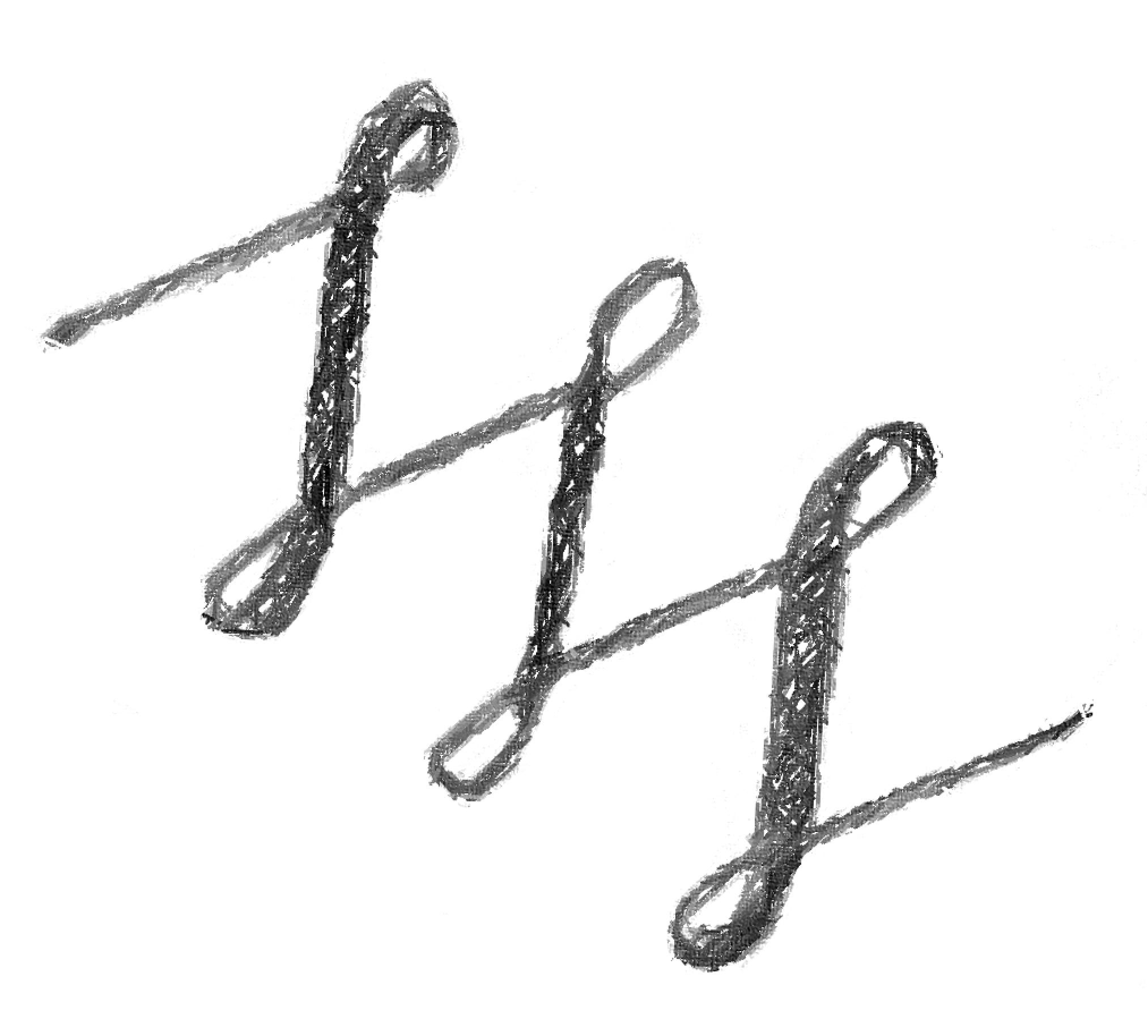Hi all,
Thank you for joining me for today’s song, “Joe Hill”, by Alfred Hays and Earl Robinson. If you’d like to hear the song before you read, I’ve included a YouTube video below. In the article, you’ll find my interpretation of the lyrics (written in italics). Comments and questions are welcome. For Japanese students, vocabulary words in bold are provided in Japanese below. TOEFL (PBT) 450+, Eiken 2, CEFR B1.
Joe Hill, union organizer, poet, songwriter
(476 words)
May 1st is generally known as “May Day”, “International Workers’ Day”, or in some places, “Labour Day”. It is a day to honor workers and their struggles. Nowadays, many countries celebrate May Day with picnics, parties, and demonstrations in support of workers.
Today we are looking at a well-known song about a labor leader whose name was Joe Hill. He was very important because he worked hard to help workers. In the early 1900s, many people worked in factories and mines, but they weren’t always treated fairly. They had to work long hours for little pay, and sometimes the bosses didn't care about their safety. Workers could also be fired for no reason.
Joe Hill believed that workers deserved better treatment. He joined a union called the Industrial Workers of the World. They were known as The Wobblies. Joe Hill didn't just talk about making better conditions, though. He wrote songs and poems to inspire other workers to stand up for their rights.
A famous quote from Joe Hill says:
A pamphlet is never read more than once, but a song is learned by heart and repeated over and over.
The song, Joe Hill, was originally a poem. It was written by Alfred Hays. In 1936, Earl Robinson added the music.
I dreamed I saw Joe Hill last night
Alive as you or me
Says I, "But Joe, you're ten years dead," (You’ve been dead for 10 years)
“I never died," says he
"I never died," says he
Some powerful people didn't like what Joe Hill was doing. In the end, he was framed (accused of a crime he didn't commit) and was executed in Salt Lake City, Utah. Even though he died, his songs and his message lived on. People still remember Joe Hill today as a hero for workers' rights.
"In Salt Lake, Joe," says I to him, him standing by my bed
"They framed you on a murder charge"
Says Joe, "But I ain't dead"
Says Joe, "But I ain't dead"
"The copper bosses killed you, Joe, they shot you, Joe," says I
"Takes more than guns to kill a man"
Says Joe, "I didn't die"
Says Joe, "I didn't die"
In reality, Joe wasn’t shot by managers of the copper mine. The song is saying that what Joe represented - justice and workers’ rights - is an idea that can’t be killed.
And standing there as big as life and smiling with his eyes
Says Joe, "What they can never kill
Went on to organize,
Went on to organize"
When Joe Hill was cremated, his ashes were put into hundreds of envelopes and scattered in many places in the U.S. and countries all over the world.
From San Diego up to Maine, in every mine and mill
Where workers strike and organize
It's there you'll find Joe Hill
It's there you'll find Joe Hill
Did you know that Labor Day was also celebrated in Japan?

Question:
Do you think a song is more powerful than a pamphlet?
Vocabulary
struggle 闘争
deserve 値する
cremate 火葬
be executed 処刑される
be framed 冤罪を与える
The song in the video is sung by Paul Robeson. You can read more about him here.
Bruce Springsteen version:
Joan Baez version:
Sources
Buhle, P., & Schulman, N. (2005). Wobblies!: A graphic history of the Industrial Workers of the World. Verso.
Encyclopædia Britannica, inc. (2024, March 13). Joe Hill. Encyclopædia Britannica. https://www.britannica.com/biography/Joe-Hill. Accessed 21 April 2024.
Here’s a good video that gives background information about Joe Hill’s life (and the song “Pie in the Sky”):







Here's another cover for your collection: https://www.youtube.com/watch?v=B0bezsMVU7c